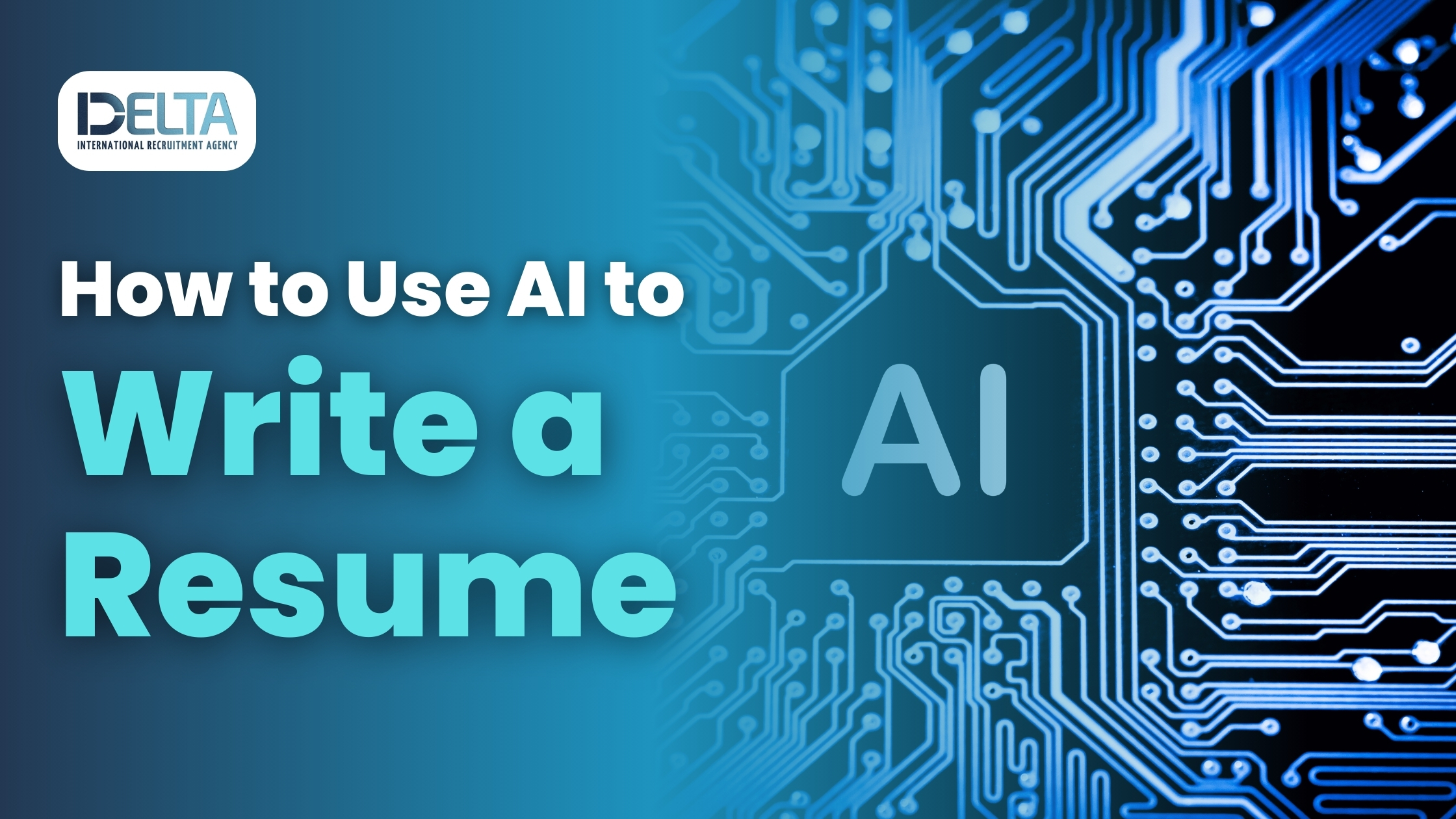A well-defined interview process can help you find the best candidates for your open positions. This guide will walk you through the steps of creating an interview process that is tailored to your specific needs.
We'll cover everything from defining your goals and creating a job description to sourcing candidates and evaluating your hiring process.
By the end of this guide, you'll have a solid understanding of how to build an interview process that will help you hire the best possible employees for your company.
Define your goals
Before you can start recruiting for a new position, it's important to define your goals for the role. What do you need the person to do? What skills and experience do they need to have? Once you know what you're looking for, you can start to create a job description and source candidates.
Create a job description
A job description is a written document that outlines the responsibilities, duties, and qualifications of a particular job. It is an essential tool for any hiring manager, as it helps to ensure that the right candidates are recruited for the job.
When writing a job description, it is important to be clear and concise. The description should include the following information:
- The job title
- The department in which the job will be located
- The responsibilities of the job
- The qualifications required for the job
It is also important to use positive and active language when writing a job description. This will help to attract the best possible candidates for the recruitment agencies in Gulf due the job.
Here are some tips for writing a successful job description:
- Start with a strong headline that will grab the attention of potential candidates.
- Use clear and concise language that is easy to understand.
- Highlight the benefits of the job, such as the salary, benefits, and opportunities for growth.
- Use active verbs to describe the job responsibilities.
- Include a list of the qualifications required for the job.
By following these tips, you can create a job description that will help you attract the best possible candidates for your open positions.
Identify your ideal candidate
Once you have a clear understanding of your goals and the skills and experience that your ideal candidate will have, you can begin to identify potential candidates. There are a number of ways to do this, including:
- Networking
- Job boards
- Social media
- Recruiting agencies
When you are looking at potential candidates, it is important to consider not only their skills and experience, but also their personality and fit for your company culture. You want to make sure that the people you hire are excited about the work you do and are a good fit for your team.
Once you have identified a few potential candidates, you can reach out to them and schedule interviews. During the interview process, you should be looking for candidates who are:
- Passionate about the work you do
- Energetic and motivated
- Team players
- Problem solvers
By taking the time to identify your ideal candidate and carefully considering your options, you can increase the likelihood of hiring the right person for the job.

Image Source: untapped.io
Source candidates
There are a number of ways to source candidates for your open position. Some of the most common methods include:
- Job boards
- Social media
- Networking
- Referrals
- Recruiting agencies
Each method has its own advantages and disadvantages, so it's important to consider which one is the best fit for your specific needs.
Job boards are a great way to reach a large number of candidates quickly and easily. However, the quality of candidates on job boards can vary, and you may need to pay a fee to post your job listing.
Social media can be a great way to connect with potential candidates who are already in your network. However, it's important to use social media in a professional way, and you may need to spend some time curating your network to ensure that you're reaching the right people.
Networking is a great way to build relationships with potential candidates and learn about new job opportunities. However, it can take time to build a strong network, and you may not always be able to find candidates who are a good fit for your open position.
Referrals are a great way to find qualified candidates who are already known to someone in your company. However, you may not always have access to a large pool of referrals, and you may need to offer incentives to encourage people to refer candidates.
Recruiting agencies can be a great way to find qualified candidates who are a good fit for your open position. However, you may need to pay a fee to use a recruiting agency, and you may not have as much control over the process as you would if you were sourcing candidates yourself.
Once you've identified a few potential candidates, it's time to screen them to make sure they're a good fit for your open position.
Screen candidates
Once you have a pool of qualified candidates, you need to screen them to identify the best ones for the job. This can be done through a variety of methods, such as:
- Phone interviews
- Online assessments
- In-person interviews
The goal of the screening process is to identify candidates who have the skills and experience necessary to do the job, as well as the personality and fit for the company culture.
During the screening process, you should be looking for candidates who:
- Have the skills and experience necessary to do the job
- Are a good fit for the company culture
- Are motivated and enthusiastic
- Have a strong work ethic
Once you have screened the candidates, you can narrow down the pool to the top few candidates who you would like to interview in person.
Interview candidates
Once you have identified a pool of qualified candidates, it is time to start interviewing them. The interview process is an important opportunity for you to get to know the candidates and assess their skills and qualifications. It is also an opportunity for the candidates to learn more about your company and the role that they are applying for.
When conducting interviews, it is important to be prepared and to ask questions that will help you to assess the candidates' skills and experience. It is also important to be able to listen to the candidates and to give them the opportunity to ask you questions about your company and the role.
Here are some tips for conducting successful interviews:
- Prepare your questions in advance.
- Be aware of your biases and avoid making snap judgments.
- Listen to the candidates and give them the opportunity to ask you questions.
- Be respectful and professional at all times.
After you have interviewed all of the candidates, you will need to make a hiring decision. The best way to do this is to compare the candidates' skills and qualifications and to make a decision based on the needs of your company and the role that you are hiring for.
Make a hiring decision
Once you have interviewed all of your candidates, it is time to make a hiring decision. This can be a difficult process, but there are a few things you can keep in mind to help you make the best decision for your company.
First, you need to consider the skills and experience of each candidate. Which candidate has the skills and experience that are most relevant to the job you are hiring for?
Second, you need to consider the culture of your company. Which candidate would be a good fit for your company culture?
Third, you need to consider the personality of each candidate. Which candidate would be a good fit for the team?
Finally, you need to make a decision that you are confident in. If you are not confident in your decision, it is better to wait until you find a candidate that you are confident in.
Making a hiring decision is an important decision, but it is one that you can make with confidence. By considering the skills, experience, culture, and personality of each candidate, you can make the best decision for your company.
Onboard your new hire
Once you have made a hiring decision, it is important to onboard your new hire effectively. This process can help to ensure that your new hire is successful in their role and that they feel supported by your organization.
The onboarding process should typically include the following steps:
- Orientation: This is where your new hire will learn about your company, its culture, and their role.
- Training: Your new hire will need to be trained on the specific skills and knowledge they need to perform their job.
- Mentorship: Your new hire should be paired with a mentor who can provide them with support and guidance.
- Feedback: Your new hire should receive regular feedback on their performance so that they can continue to improve.
By following these steps, you can help to ensure that your new hire is successful in their role and that they feel supported by your organization.
Tips for Employers: Recruitment Challenges




